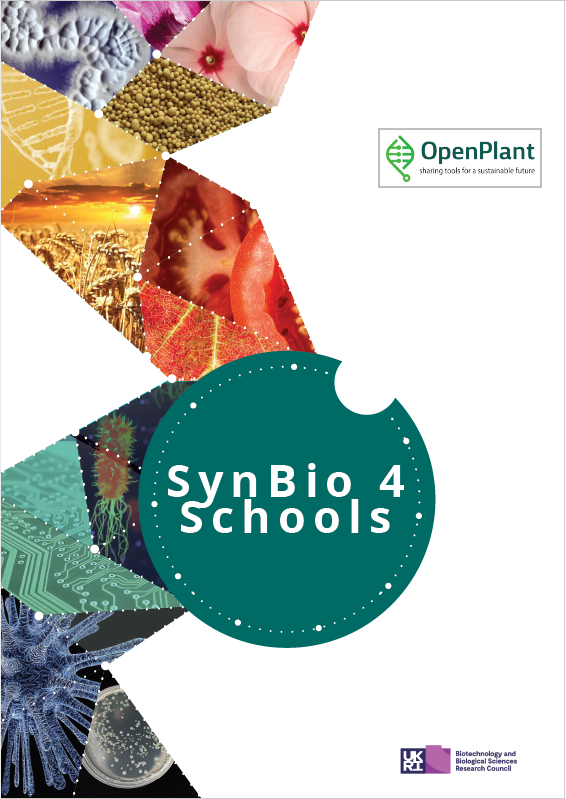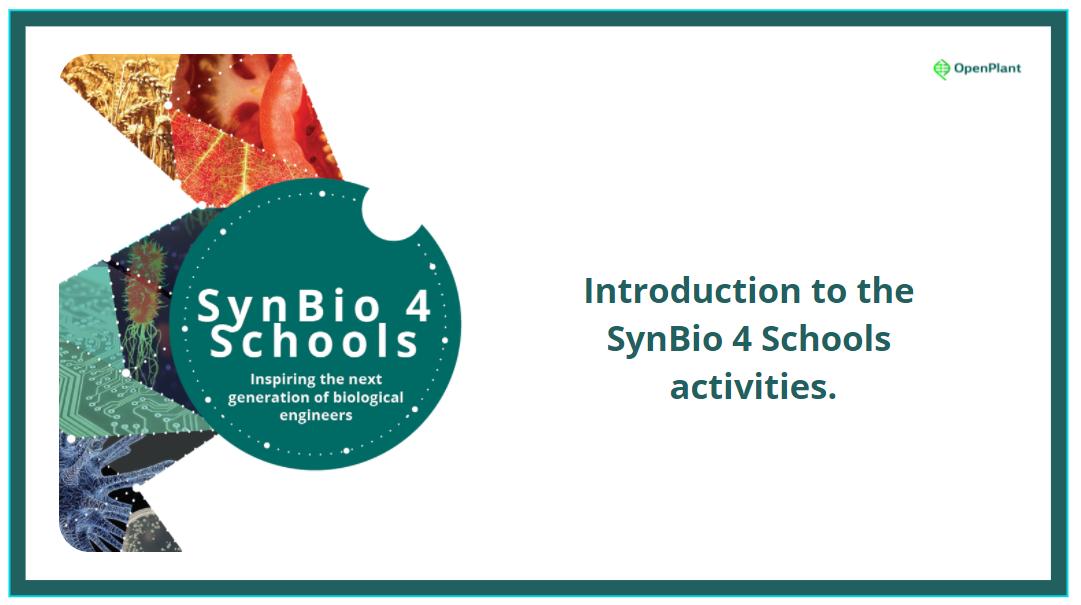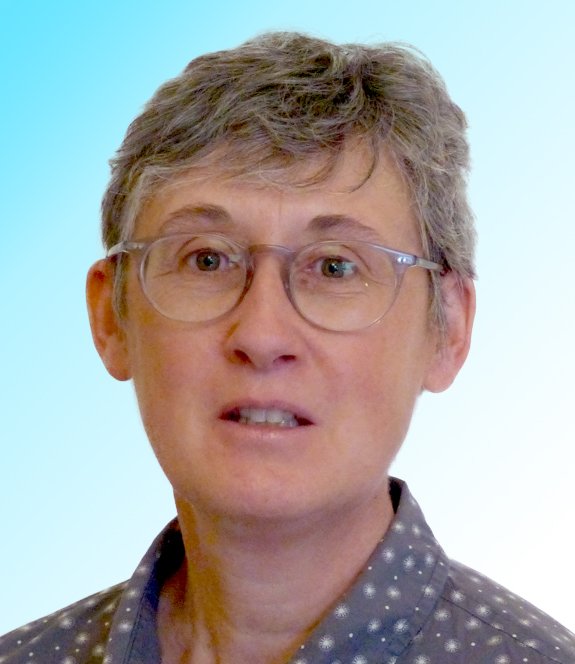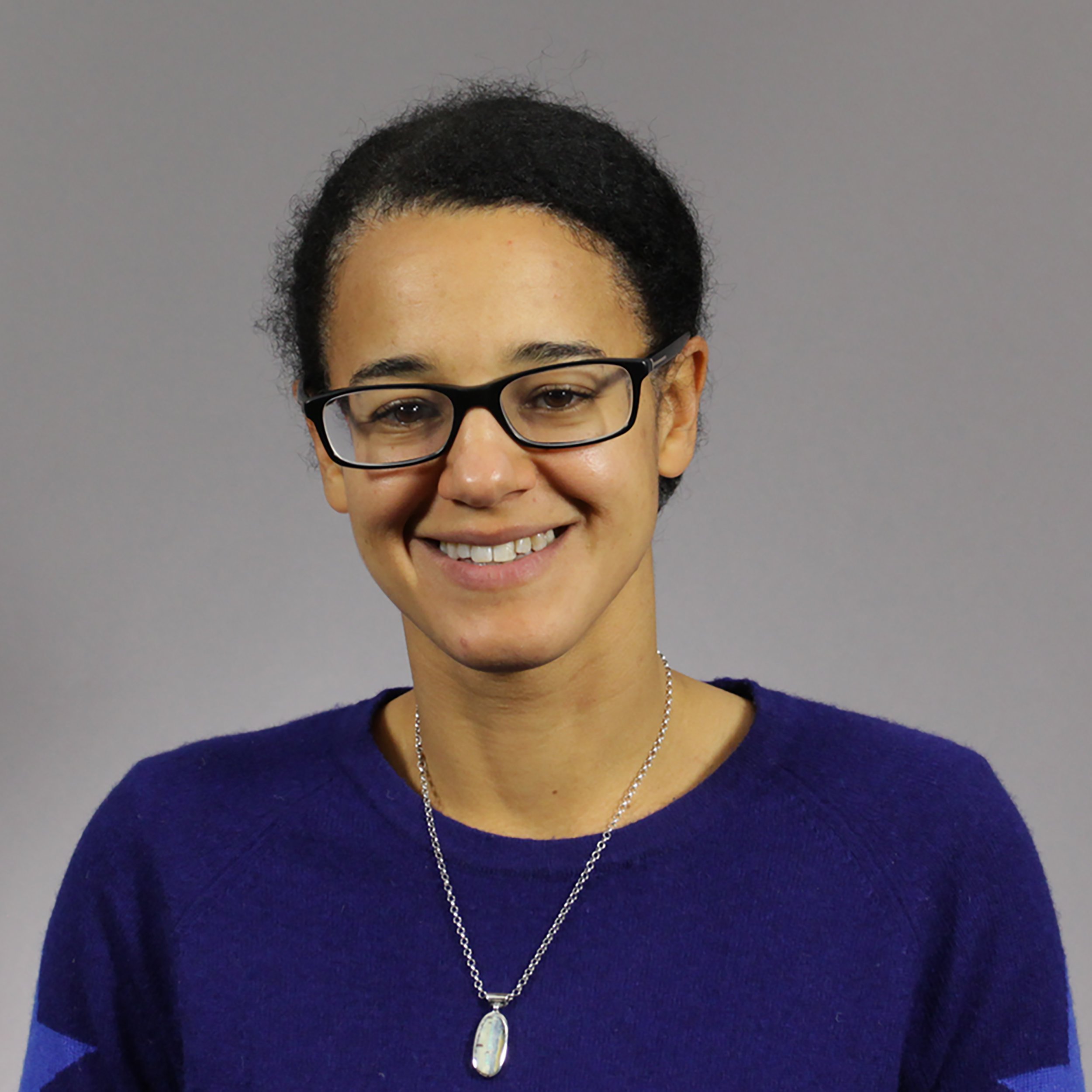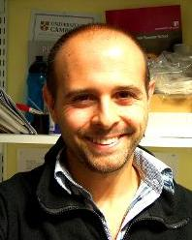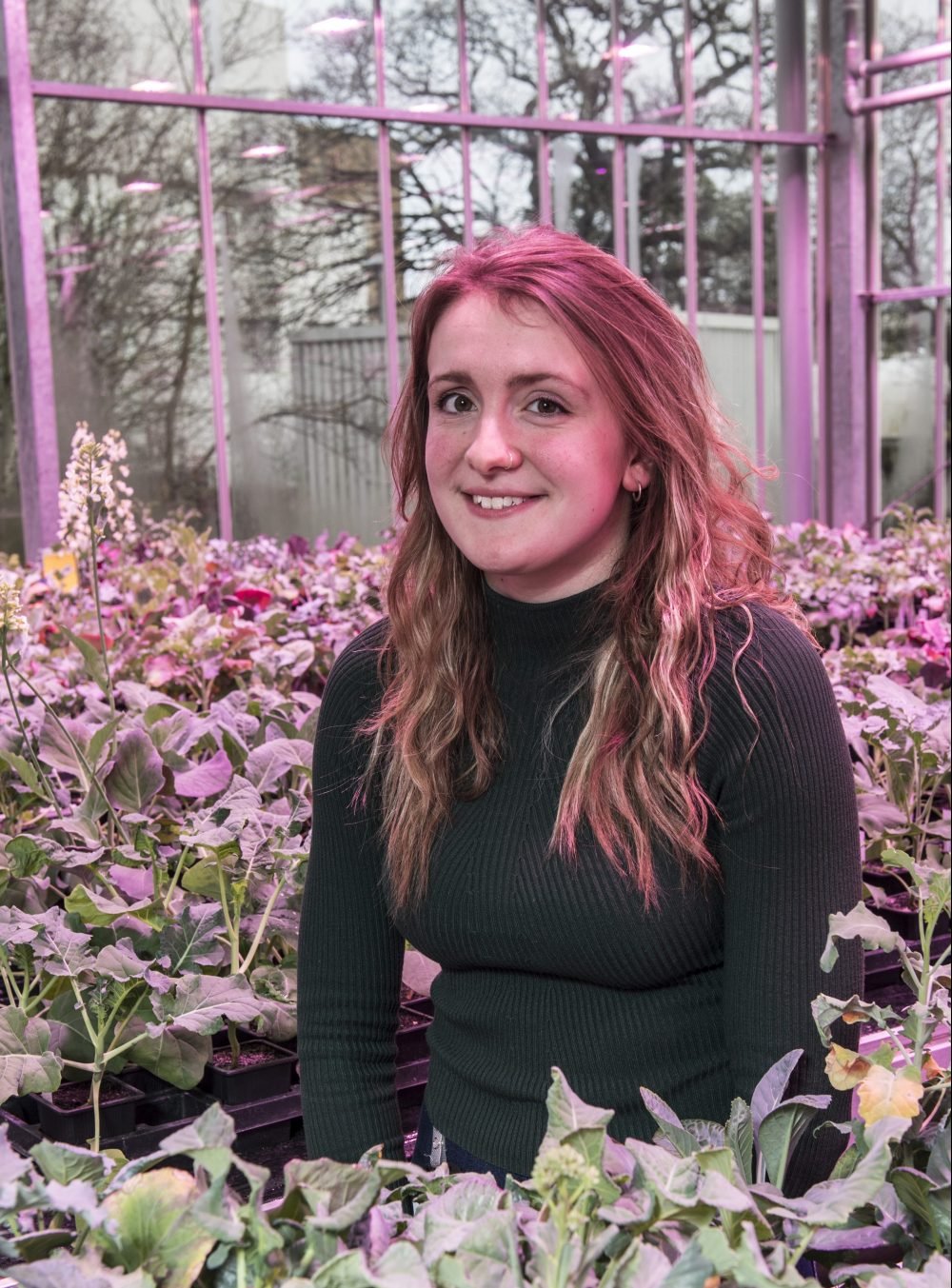SynBio 4 Schools
Introduction
Developed by OpenPlant scientists from across the University of Cambridge, Norwich Research Park and beyond, this FREE to use resource, SynBio 4 Schools, aims to inspire and educate the next generation of biological engineers.
With a focus on plant science the materials and activities provided within the resource cover under-represented topics in synthetic biology, while complementing the national curriculum and existing teaching resources.
What’s included?
The SynBio 4 Schools booklet, which includes a full introduction to the resource, step by step activity instructions and supplementary information, is also accompanied by a teacher briefing document to help teachers and schools, identify activities relevant to each stage of the curriculum.
SynBio 4 Schools contains guides to the following activities:
· Building DNA circuits – construct gene circuits to solve problems.
· Generating electricity from plants – build a plant microbial fuel cell (pMFC).
· What can viruses do for you? – build virus structures for different applications.
· Natural product synthesis – match up the organisms and the natural products.
Download the resources here:
SynBio 4 Schools Teacher Notes
SynBio 4 Schools Information Flyer
Additional resources:
Build Your Own Plant Microbial Fuel Cell (pMFC) (Video) - During this video, Paolo Bombelli talks you through the steps of how to build your own pMFC.
Video: Introduction to the SynBio 4 Schools Activities.
The scientists behind the resource
This resource was designed and developed by OpenPlant research scientists and put together by OpenPlant PIPs Intern Millie Stanton in collaboration with the Science, Art and Writing (SAW) Trust.
Dr Nicola Patron:
Nicola is a molecular and synthetic biologist interested in the natural and engineered transfer of genetic material between genomes of different species. Her lab is focused on engineering photosynthetic organisms for industrial biotechnology and crops that are healthier to consume and less environmentally damaging to cultivate. (https://www.earlham.ac.uk/nicola-patron)
Dr Paolo Bombelli:
Paolo is a post-doctoral researcher at the University of Cambridge and focuses his work on utilising the photosynthetic chemistry of plants to create biophotovoltaic devices, a sustainable source of solar power. (https://www.bioc.cam.ac.uk/howe/members/paolo-bombello-postdoctoral-researcher-1)
Professor Julea Butt:
Julea is a Professor of Biophysical Chemistry at the University of East Anglia. Her present work provides fundamental insight into the coupling of enzymes to electrodes and synthetic light-harvesting materials with the aims of inspiring new biotechnology including sustainable electronic materials and approaches to semi-artificial photosynthesis. (https://research-portal.uea.ac.uk/en/persons/julea-butt)
Dr Roger Castells Graells:
Having studied the structure of viruses to better understand their properties and develop potential bionanotechnological tools while at the John Innes Centre, Roger is now based in Los Angeles, as a post-doctoral researcher at University of California, LA. (https://www.researchgate.net/profile/Roger-Castells-Graells)
Dr Shannon Woodhouse:
Contributing to the SynBio 4 Schools project during the completion of her PhD at the John Innes Centre and internship placement with the SAW Trust, Shannon’s research focuses on understanding developmental transitions in Brassica oleracea. (https://www.jic.ac.uk/people/shannon-woodhouse/)
Images: (Left to right) Professor Julea Butt, Dr Nicola Patron, Dr Paolo Bombelli, Dr Roger Castells Graells and Dr Shannon Woodhouse.
For more information on this exciting resource please contact: jenni.rant@jic.ac.uk


